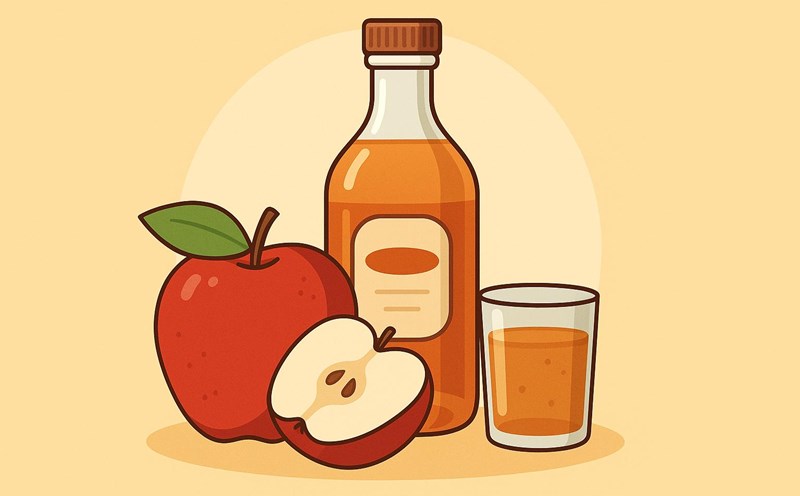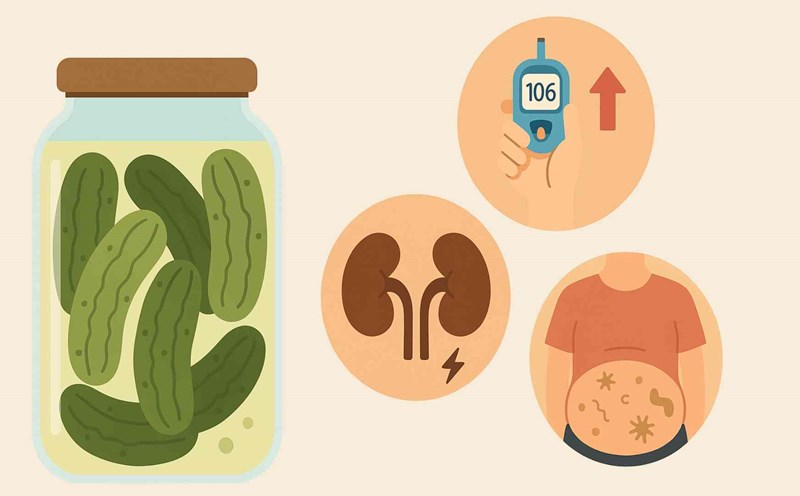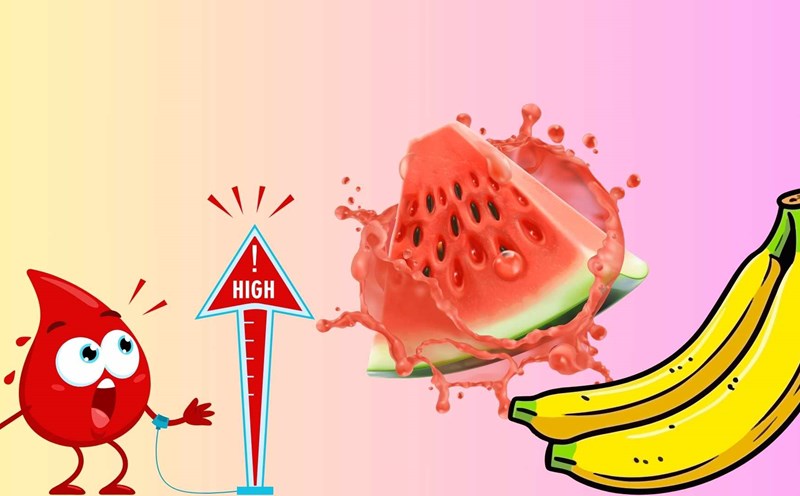Early morning hormones
When you sleep, your body is in a state of fasting and the liver is responsible for maintaining blood sugar by releasing sugar to nourish the brain and nervous system. In the early morning, a series of hormones that help you stay alert and full of energy will continue to add sugar to the blood, this is called the dawn phenomenon.
For people with insulin resistance or insulin deficiency, the body has difficulty processing this "concentration of sugar", leading to high morning blood sugar.
Solution: Check the medication in use. If you take insulin, you may need to increase your basal insulin at night to control the amount of sugar released by the liver.
If you have type 2 diabetes and do not take insulin, you may need to increase your dose or supplement other medications, such as metformin, to reduce insulin resistance and limit the liver's release of sugar.
Missed training session
Exercise helps increase insulin sensitivity, allowing the body to use insulin more effectively for up to 48 hours. When you exercise regularly, your blood sugar is more stable. Conversely, if you do not exercise regularly, blood sugar can increase, especially in the morning (but it can be at any time of the day).
Solution: Choose an activity you enjoy for long-term maintenance. Plan ahead of schedule for the week to avoid skipping training. Even a few minutes of exercise can help limit high blood sugar when waking up.
Slow effects of fatty foods
Usually, blood sugar peaks about 1 hour after eating. But if the dinner is high in fat (frvored, pizza, cheese stew...), the blood sugar spike can be postponed until the next morning. This is because fat makes insulin less effective and slows digestion, causing sugar to enter the bloodstream later.
Solution: Prioritize skinless fish, poultry, beans, and stir-fried vegetables with olive oil over fried or cheese. Let vegetables and fruits take up half a plate to reduce the portion sizes of high-fat foods.











